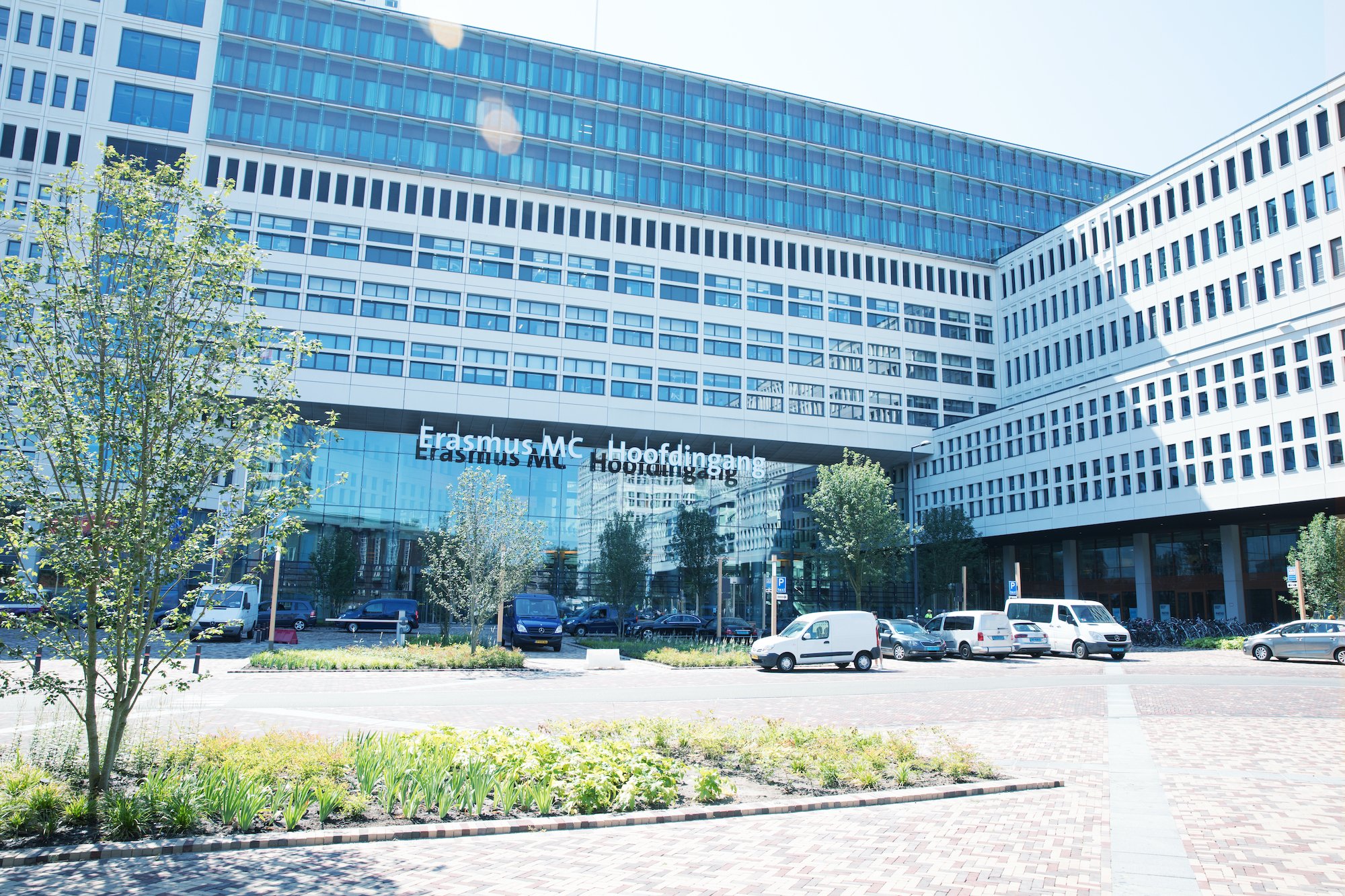PhD candidate on Genome-editing applications in regenerative medicine approaches for the treatment of Craniosynostosis
PhD candidate on Genome-editing applications in regenerative medicine approaches for the treatment of Craniosynostosis
You cannot apply for this job anymore (deadline was 8 Sep 2019).
Browse the current job offers or choose an item in the top navigation above.
Job description
Craniosynostosis is a congenital malformation, with an incidence of 7.2 per 10.000 births in the Netherlands. It is represented with premature fusion of the cranial sutures and thereby preventing normal growth of the skull and brain in newborns. So far mutations in over 50 genes have been identified in patients with craniosynostosis. One of the most frequent affected genes is the fibroblast growth factor receptor 2 (FGFR2) and activating mutations results in different forms of syndromic craniosynostosis (eg. Apert, Pfeiffer, Crouzon, Saethre-Chotzen) all depending on the location of the mutation within FGFR2. Currently, the only treatment consist of extensive surgical interventions after birth and within the first 20 years of age until the skull and brain have reached their final size.
In the current project we will investigate novel therapeutic interventions for the treatment of syndromic craniosynostosis. By using CRISPR-Cas we will generate frequent FGFR2 mutations in immortalized bone marrow mesenchymal stem cells and investigate inhibitors of FGFR2 that are able to restore normal cell function in vitro. In parallel, we want to investigate the possibilities to apply CRISPR-Cas genome editing to repair mutations in patient derived iPS cells. Ultimately, by using genome editing techniques, patients may benefit from the development of novel therapies for cranial malformations by reducing the number of surgical interventions in newborns and during early childhood. Also new developments in prenatal surgery will open possibilities for the use of CRISPR-Cas repaired cells and the treatment of craniosynostosis and other monogenic diseases at a very early stage in life.
In the current project we will investigate novel therapeutic interventions for the treatment of syndromic craniosynostosis. By using CRISPR-Cas we will generate frequent FGFR2 mutations in immortalized bone marrow mesenchymal stem cells and investigate inhibitors of FGFR2 that are able to restore normal cell function in vitro. In parallel, we want to investigate the possibilities to apply CRISPR-Cas genome editing to repair mutations in patient derived iPS cells. Ultimately, by using genome editing techniques, patients may benefit from the development of novel therapies for cranial malformations by reducing the number of surgical interventions in newborns and during early childhood. Also new developments in prenatal surgery will open possibilities for the use of CRISPR-Cas repaired cells and the treatment of craniosynostosis and other monogenic diseases at a very early stage in life.
Specifications
- max. 36 hours per week
- €2357—€3020 per month
- Rotterdam View on Google Maps
Requirements
You hold a MSc. degree in Life Sciences (Biomedical Sciences, Biology or Biochemistry or equivalent) with a strong interest in molecular and cellular biology. We seek a talented and ambitious researcher who is flexible and has good communicative skills and who is highly proficient in both spoken and written English. You preferably have strong affinity for cellular and molecular biology techniques, gene manipulation, protein analyses and bioinformatics.
Being able to present a certificate of good conduct, a valid proof of identity, diploma's and/ or relevant registration such as BIG/ RGS are conditions for the appointment.
Being able to present a certificate of good conduct, a valid proof of identity, diploma's and/ or relevant registration such as BIG/ RGS are conditions for the appointment.
Conditions of employment
You will receive a temporary position for 4 years. The gross monthly salary is € 2.422,- in the 1st year and increases to € 3.103,- in the 4th year (scale OIO). The terms of employment are according to the Collective Bargaining Agreement for Dutch University Medical Centers (CAO UMC).
Employer
Erasmus MC
Erasmus MC stands for a healthy population and excellence in healthcare. By conducting groundbreaking work, we aim to push boundaries through leading the way in research, education and healthcare. We have access to the latest equipment and techniques in a state-of-the-art environment.Research will be performed within the lab of Calcium and Bone Metabolism of the Department of Internal Medicine in close collaborations with the Department of Plastic and Reconstructive surgery, the IPS cell core facility of the Erasmus MC and the University of Wageningen.
Specifications
- PhD
- Health
- max. 36 hours per week
- €2357—€3020 per month
- University graduate
- 30.02.19.TD-P538823-1
:fill(white)/logos/emc-en-wide.png)
